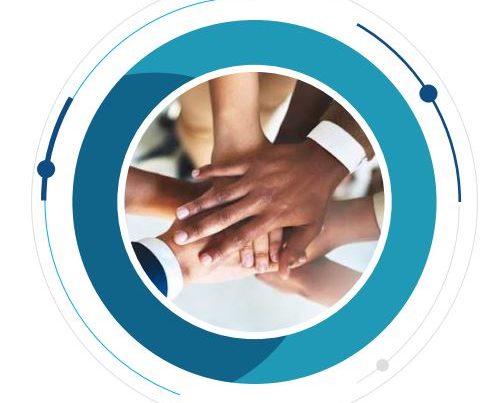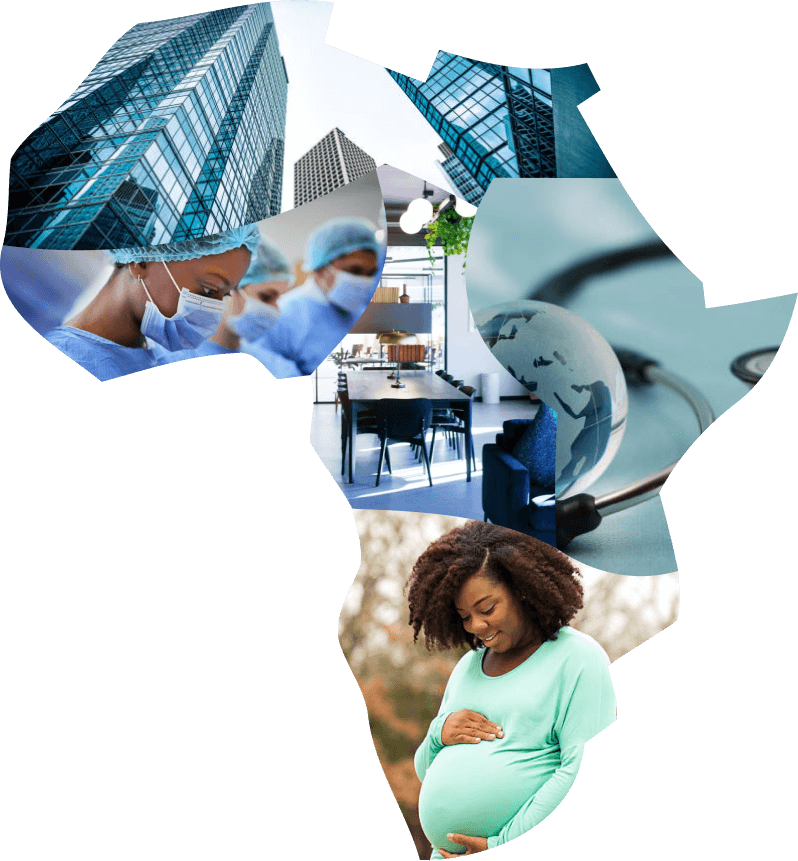Our world is not new to changes but COVID-19’s rapid upending of our daily lives is unprecedented. Almost overnight, governments across the globe have been forced to shut down at first institutions, then cities and then whole countries in desperate efforts to slow down the spread of the virus.
For Africa, the realities are grim. There is no doubt that the continent’s growth could be seriously impeded by the spread of the COVID-19 virus, following the trend from other countries already hard hit by the pandemic. At a virtual conference hosted by the Economic Commission for Africa, there are estimates that Africa may lose up to 50% of its GDP with growth falling to about 2%. These numbers are not at all farfetched considering how economies and lives across four continents have been impacted so far.
Governments in Africa have responded to the virus with shutdowns and measures that are clearly intended to curtail its spread. This is a crucial move as regional experts say a widespread pandemic could cripple the continent’s fragile health-care systems and be devastating economically. It also could be difficult to contain while foreign donor nations that traditionally assist the continent in such crises are overwhelmed with their own outbreaks.
According to WHO Africa, most of the cases have been imported from Europe and, even with undetected infections, the numbers are still quite low. Experts find this baffling given Africa’s close ties to China and the explosive outbreaks happening elsewhere in the world and are trying to understand whether Africa is somehow less vulnerable to the virus or if it is still just in an early phase of the epidemic.
However, the virus is spreading with key cities recording increasing numbers of infected people daily. Re-actively, the heads of national CDCs are all agreed that the numbers will go up, there is looming fear that the impact of the virus on the continent will be profound given that the Virus’ current sporadic nature – howbeit, re-imagining the bitter suspicion that its adaptive nature is still somewhat unpredictable – making Africa even more vulnerable.
It does not help that while many people are yet to take the COVID-19 threat seriously in this part of the world, the result being diminishing trust in traditional societal leaders, still many more do not have accurate information, thanks to a virulent social media. The ongoing dynamics have created a closer and more trusting employee-employer relationship forcing CEOs and corporate leaders to take up more responsibilities underlined by transparent actions and continuous support of policies that positively benefit employees, dependents and communities.
At the beginning of February, only two countries in sub-Saharan Africa – Senegal and South Africa, had the ability to test for the novel corona-virus. Since then, WHO has helped 43 more countries set up or augment their national laboratories so that they can also test for this pathogen. The overall capacity of those labs is low, and the tests will have to be done in capital cities. But getting even a basic level of domestic testing capacity running could be crucial as borders close and international air transport grinds to a halt.
Clearly, much more needs to be done urgently – governments across the continent need all the support they can get and that much needed support can only come from Africa’s private sector if the continent’s 1.2 billion citizens can hope for the best and prepare for the worst.
In the stricken countries, purpose commitments are put to the test as corporate organisations scramble to respond to COVID-19 with business experts predicting a major economic fallout. However, while predictions remain what they are, corporate leaders must take immediate action to support governments’ efforts.
Communication – Corporate leaders must communicate with their employees. Absent consistent information from governments and amid growing skepticism around fake news online, people are turning to business leaders for critical information.
Encourage Non-Physical Work Structure – Technology today allows virtual operations to thrive. Employees with remote access can work from home thereby limiting the risk associated with physical interaction. Business leaders also have to ensure their workplaces are ready for COVID-19.
Encourage Personal Hygiene – Social distancing is the new normal where gatherings are discouraged, personal space extended to one meter at the minimum and physical contact restricted. Frequent hand washing is an absolute essential.
Corporate Africa should not panic – this is first and foremost a healthcare crisis; the underlying cause of the economic slowdown is a global pandemic. If Africa’s private sector marshal’s its substantial resources, there is no doubt that the fight against COVID-19 will be won collectively.





